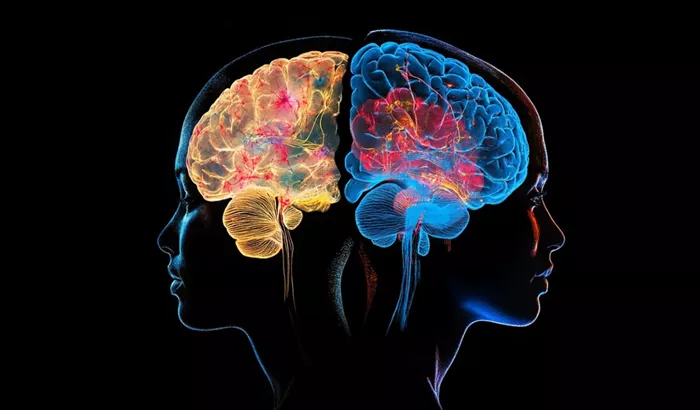Researchers have discovered that people with depression have a brain network called the salience network that is nearly twice as large as in those without depression.
This finding, from teams at the University of Ottawa and University of California San Francisco, could be the first reliable biomarker to identify depression risk before symptoms start.
The salience network helps the brain decide what to pay attention to and switches between different mental states.
Scientists found this network is consistently bigger in depressed individuals, regardless of how severe their symptoms are or what treatments they receive.
This suggests the enlarged network exists before depression develops and remains stable over time.
Experts believe this discovery could transform how depression is diagnosed and treated by allowing earlier intervention. The researchers also propose that genetic factors, brain changes, or a response to stress might cause this network to expand.
Understanding this brain pattern may lead to new, personalized treatments targeting brain connectivity rather than just chemical imbalances.
Future studies will explore how different therapies affect the salience network and whether changes in its size can improve depression symptoms.
Related topics:
- Multiple Chronic Illnesses Greatly Raise Risk Of Depression, Study Finds
- New Insights Into Stress Hormones Could Improve Treatments For Mental Illness
- Smartphone Overuse Linked To Lower Happiness In Kids & Teens


